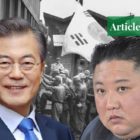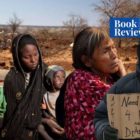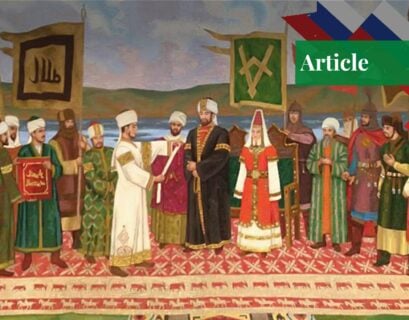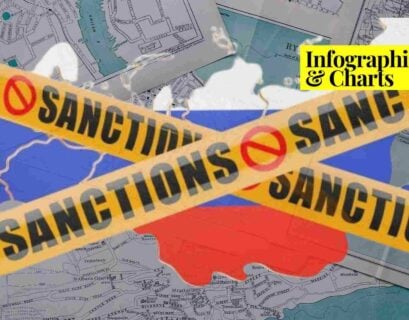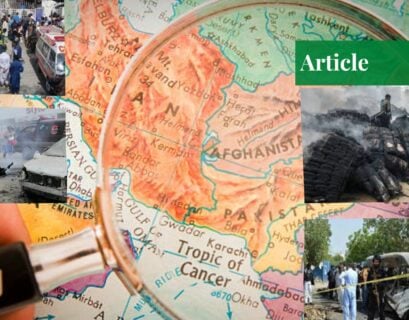Introduction
Kazakhstan is a landlocked country located in Central Asia as large in size as Western Europe. It sits in between Russia and China. It was previously under the control of the Soviet Union and so following its collapse, it gained independence on 16th December 1991. Most of Kazakhstan’s terrain is mountainous and rich in oil fields. It has some of the largest oil reserves in the world and produces around 1.6 million barrels a day. This is the main reason why it has attracted billions of dollars in foreign investment.
After knowing all this information, one might assume that the economy and lifestyle of the local population must be of a great standard. However, this is not the case, as much of the wealth is monopolized by the elites in Kazakhstan. The minimum wage of the citizens is less than the equivalent of around $100 a month. Despite the labourers working tirelessly, their efforts are rarely reciprocated.
The Last Straw
On January 1st 2022, the New Year was welcomed with a spike in fuel prices, specifically liquefied petroleum gas (LPG). However, the local population was not happy with this present at the very start of the year. Already trying to make ends meet with the little income they earn, workers were threatened by the doubling in the price of car fuel which meant an increase in transport costs. Thus it is no surprise that the dissatisfaction was openly expressed.
Protests and strikes broke out in Kazakhstan leading to civil unrest. It has been reported that around 400 cars, (mostly police cars) were destroyed and add to that 100 shopping centers and banks were thrashed during the rallies. The Health Ministry of Kazakhstan also updated that 164 people had been killed during the unrest and 5,000 people detained. However, it doesn’t add up as to why an increase in fuel prices would be considered as big as an issue to cause such widespread violence.
As previously witnessed in 2011, workers in western Kazakhstan protested due to unpaid wages. This incident is better known as the Zhanaozen Massacre. Authorities shot at the oil workers in an attempt to control the protest. Many people who were involved in the retaliation were killed.
The president of the country in question, Kassym-Jomart Tokayev also reduced the oil prices on 4th January in an attempt to extenuate the situation, but it didn’t control the upheaval the way he had hoped. So, is the dissatisfaction truly over oil prices?
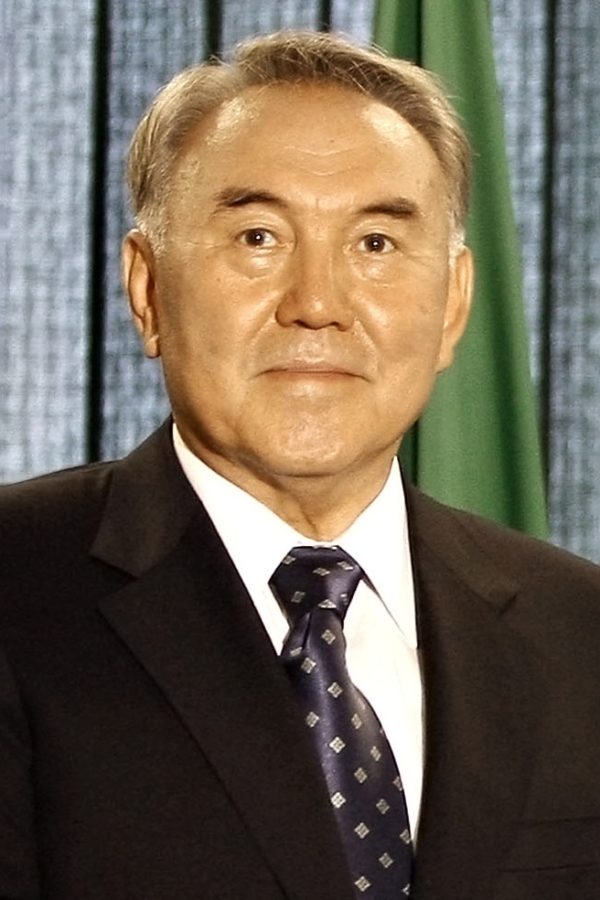
The answer to this question is apparent with the chants echoing in the streets of the city of Almaty by the united front protesting against the government, in their own words, “Shal, ket!” which means “Old man, leave!” But who is the old man they are referring to? It is none other than the first president of Kazakhstan, Elbasy Nursultan Nazarbayev.
The Hidden Agenda
If we look back at the history of Kazakhstan, we come to know that the story goes deeper than it is on the surface. After the independence of Kazakhstan, the first president appointed was a man named Elbasy Nursultan Nazarbayev and he remained in office till 2019. Throughout his tenure, his main priority was to stabilize the economy just as how many newly established governments try to do.
However, his methods were a bit different. Each sector of the economy was taken under the name and family of the president. It started from the oil and gas industry and then soon enveloped other sectors like construction industries, banking, telecom etcetera, and thus the economy was monopolized under the name of Nazarbayev.
That’s not all. The government also imposed restrictions on the individual freedoms and civil rights of the citizen. No one was allowed to question or criticize the government. Those who even attempted to do so like journalists and political opponents were silenced or jailed. Public protests were illegal and required a permit by the government of Kazakhstan.
Smear campaigns were also conducted by the government against its critics, resorting to arbitrary detention and the use of Interpol to pursue those who tried to escape the country to seek protection.
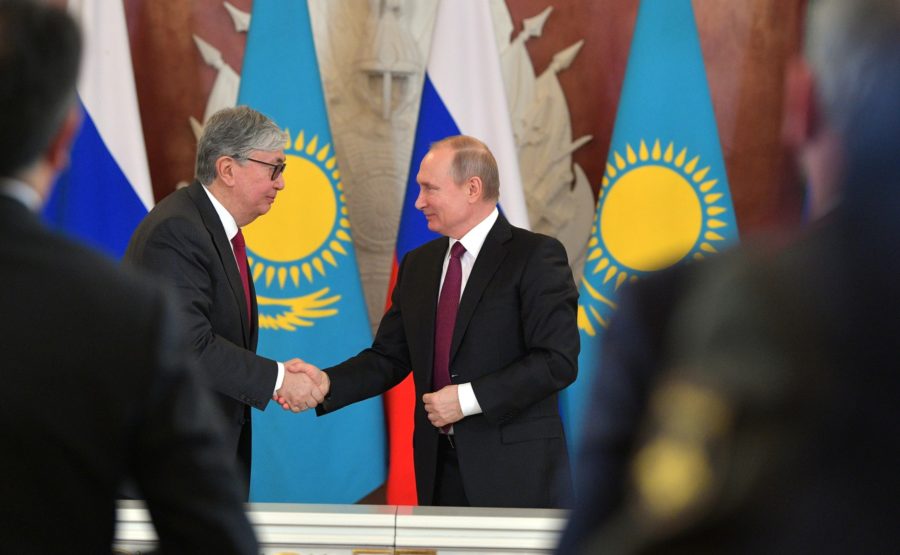
In 2019, the tenure of Nazarbayev came to an end but only as a president. Soon after stepping down, Nazarbayev appointed himself as the Head of the Security Council and continued to work as a presidential figure behind the curtains while the new publicly presented president Kassym-Jomart Tokayev came to power. Nazarbayev was also training his daughter Dariga Nazarbayeva, the former Chair of the Senate of Kazakhstan to become the next leader of Kazakhstan.
His intentions, however, were not a secret and the frustration and dissatisfaction faced by the locals continued to pile up. The inflation in oil prices was the straw that broke the camel’s back. As explained by Marius Fossum, a regional representative of Norwegian Helsinki Committee based in Almaty: “Fuel prices were a catalyst that triggered mass protests over long-held grievances in a country riddled by corruption, lack of political choice and civil freedoms and where ordinary people often struggle to make ends meet while the elite lead luxurious lives.”
Any Signs of a Revolution?
As matters continued to get out of hand, Tokayev asked for Russia’s assistance and so Russian troops were sent to Kazakhstan under the authority of the Collective Security Treaty Organization (CSTO) which was established after the collapse of the Soviet Union. As the internet has been restricted to prevent the situation from being exposed on a global level, thus it can only be assumed that no news is good news.
Tokayev has also pledged to pursue reforms and hinted that political liberalization might be implemented to satisfy the citizens. However, it is difficult to say whether the intentions behind the statement are to only temporarily control the protests at hand or to actually bring about a revolution in Kazakhstan. With the use of terms by Tokayev like “thugs” and “terrorists” in reference to the protesters, who knows whether his promises can be taken seriously?
If you want to submit your articles, research papers, and book reviews, please check the Submissions page.
The views and opinions expressed in this article/paper are the author’s own and do not necessarily reflect the editorial position of Paradigm Shift.




